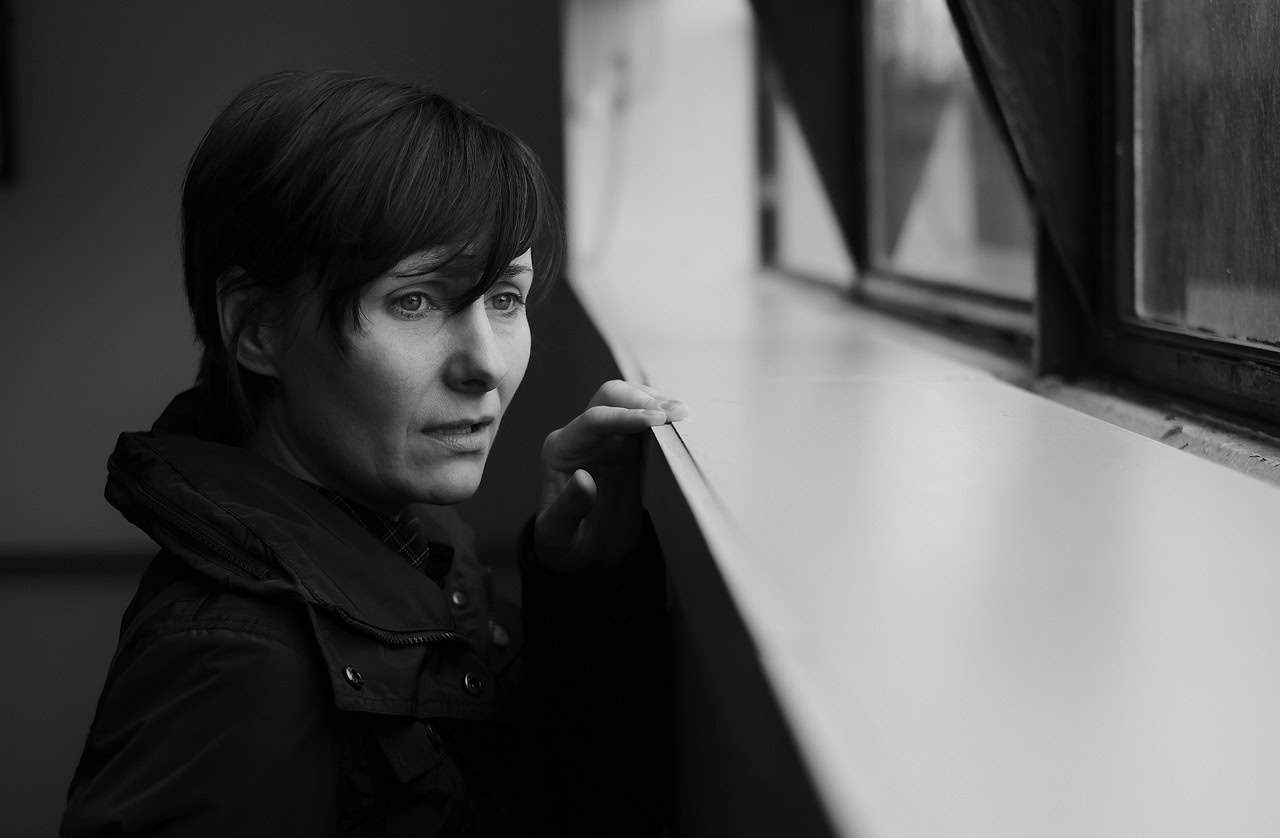“Goodbye is the chance to value what we had, the opportunity to offer the gift of healing, the time to practice the art of happening.” —Dr. Judith Orloff
Saying goodbye to a loved one is never easy…whether the reason is a break-up, a divorce, a move, a slow fade…or someone passing away.
I have said goodbye to many people I love at this point in my life…I lost my first husband, father & brother to cancer and my mother and father-in-law to Alzheimer’s (as well as several other relatives). My second marriage ended in divorce and I’ve lost several friendships and boyfriends along the way.
Each ending has been difficult in different ways, and overall I’ve discovered that, like many people, I’m not so good at goodbyes.
I have also discovered that there is an art to letting go…to grieving and healing in a healthy way that acknowledges the importance of each person in our lives, but also allows us to move on and continue living.
So let me share with you what I’ve learned—both personally and professionally—about how to let go after a relationship ends.
The 3 stages of letting go
There are 3 stages to letting go of people we love:
Stage 1: Resistance/denial
It is natural when we discover someone we love is exiting our life to resist this change…to beg, plead, and otherwise deny reality. To get angry and fight the loss. Most people go through a period of wanting to pretend what’s happening isn’t happening.
But a big part of why losing people is so painful is that many of us stay stuck in stage 1 for too long. As Eckhart Tolle says, “Pain is inevitable. Suffering is a choice.” What he means is that we will all face loss (pain) at some point in our lives. It’s our resistance to this loss that causes us long-term pain (suffering). So the sooner we can move to stage 2, the sooner our suffering eases and healing begins.
At this stage, it’s important to notice and observe the various emotions that arise, and to work towards acceptance.
Stage 2: Acceptance/grieving
Eventually, we come to accept our new reality – we surrender to what is (even if we don’t like it) and accept the person isn’t coming back. We realize that the nature of life is change, and that relationships come and go.
In this stage, it’s very important to acknowledge and validate our emotions and not suppress, run from or deny them (or worse, shame ourselves for even having them). Processing our feelings—feeling, validating and then releasing them—is what allows us to heal and not stay stuck in the past.
As we grieve the loss of this important person in our lives, it’s so very important to be compassionate with the part of ourselves that is hurting, and to practice lots of self-care and nurturing (like we would do for a friend or child if they were hurting).
Stage 3: Healing/growth
Once we have processed and released our emotions, we can begin the healing phase. In my experience coaching single women after break-ups and divorce, healing cannot occur if we are denying reality, clinging to the past, or refusing to feel our emotions.
It is not true that time heals all wounds. Processing how we feel with a compassionate witness and finding meaning in our challenges is what allows us to heal.
So in this stage, it is important to reach out to supportive people (friends, family, professionals) for help. It’s also important to give ourselves time and space to process and integrate change (and not expect to just keep up with daily life at the same pace as normal).
Finally, once we’ve grieved our loss, it’s important to look for the lessons, blessings and gifts that this experience has brought to our lives. Every change—even difficult ones—brings positive aspects once we look for them.
Moving forward
“The truth is, unless you let go, unless you forgive yourself, unless you forgive the situation, unless you realize that the situation is over, you cannot move forward.” —Steve Maraboli
Once we’ve moved through these 3 stages, we can begin to adapt to our “new normal”…to decide who we want to be going forward, and what’s next for us.
It’s important not to skip a stage…many people try to skip stage 2 or 3, and then they never really heal.
How do we know healing has occurred? When we can talk about the person we lost calmly, with kindness and compassion. If there is significant pain or anger, there is more healing to be done and it’s likely that we’ve rushed through (or skipped) stages 2 and/or 3.
If you have lost someone recently, I send you love and compassion, and I hope that you give yourself grace and kindness through your healing journey. You will heal, and you will feel happy again.
Please reach out if you need support during this process.
Love and blessings to you.
xo Karen
Resources
For more on this topic, see:
And here are some free trainings you may find helpful in your healing journey:
- Lemons to Lemonade: Turn your pain into power!
- Empaths & Narcissists: Why loving women attract toxic partners
- Loving without Losing: How to attract the love of your life without losing yourself again
Share your ideas
What has helped you during times of loss? Please share…



0 Comments